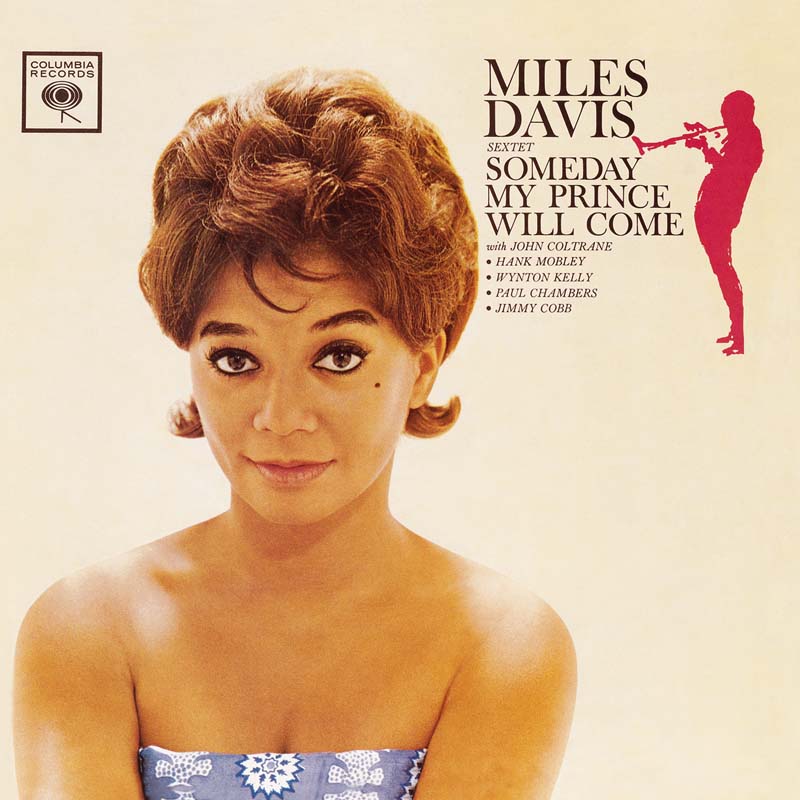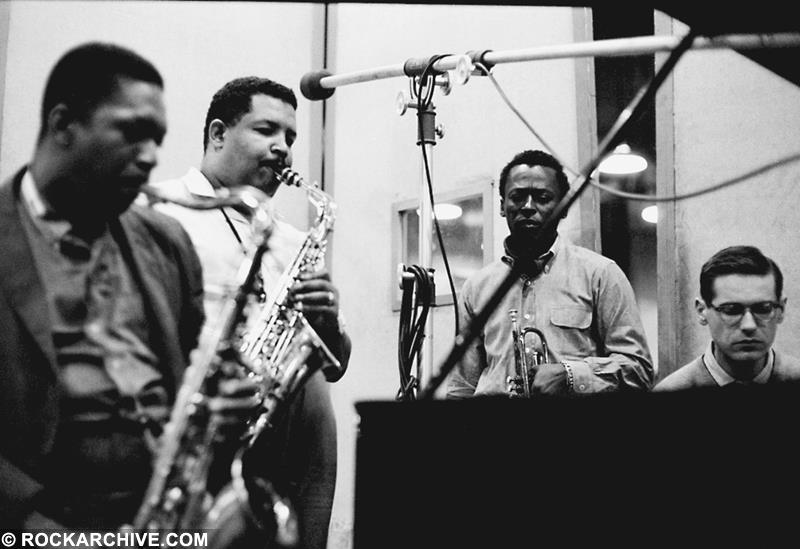Miles Davis
One of Miles Davis most consistently underrated albums, Someday My Prince Will Come displays the Jazz Icon’s typical sense of rebellion in its most beautiful form. Released in 1961, at the height of the free/experimental Jazz movement, Davis responds to the rise of structure-free Jazz by doubling down on the smoothness he pioneered between 1949’s Birth of The Cool and 1959’s Kind of Blue.
Davis, at his best and worst moments, has always been reactionary. As Gillespie and Parker pushed forward with fast and complex Bebop at the tail end of the 1940s, Birth of The Cool asserted a new, hip music aesthetic. Revolutionizing modally, Davis was able to capture a new intimacy in Jazz that he would improve on throughout the ’50s. It’s certainly fair to see his work between 59’-61′ as the capstone of this decade of innovation, giving us the soulful Someday My Prince Will Come.

The departure of John Coltrane from his regular lineup and the introduction of Hank Mobley was perhaps the most drastic change. Coltrane, always defined by his blisteringly fast vertical solos, carried a certain melodic experimentalism at his heart. Mobley, however, adds an in-the-pocket quality that serves the quintet as a whole, giving more room for Miles intimate trumpet. The result is an album that provides a remarkable level of accessibility, emotion, and dynamics amidst a period of progressively complex and alienating Jazz.

From the first note of “Someday My Prince Will Come”, we are transported to a beautiful place of softened rhythm and soul-searching piano. Miles piercing muted trumpet comes in waves, alternating between forceful bursts of energy and these sultry lower tones with such a sweet imperfection. It radiates the irony of the word ‘someday’, reminding of us of its bittersweet disappointment and restless hope. “Old Folks”finds the listener drifting through the late-night city, lost in undefinable thoughts. Wynton Kelley tickles the ivory keys of the piano with such a delicate grace that I cannot help but be swept up by the waves emanating from Davis.
The faster-paced “Pfrancing”contains perhaps one of the catchiest seven note hooks of the Jazz cannon as drummer Jimmy Cobb navigates the intricacies of soft speed. Bassist Paul Chambers is in form as always, humbly serving the quintet without ever taking as he does on all Davis’s work. Both Cobb and Chambers utilize the delicate cool-inspired art of less is more, leaving space for Kelley, Mobley, and Davis to capture a meandering sense of musical fluidity on “Drad Dog” and“I Thought About You”. Philly Joe Jones steps in for Cobb on the swinging “Blues No. 2” and Coltrane provides the saxophone solo on the title track; both additions are notably jarring. Davis’s notes are so perfectly chosen, so deliberate, that the bombastic swing of Jones and the fast vertical movement of Coltrane feel like strangers to the mix.
Davis’s trademark rejection of mainstream culture, in this case, a culture of Jazz experimentation and free-form melody, certainly pushed him further into the cool realms he had helped create. Someday My Prince Will Come is a cool Jazz album for an experimental era, replete with catchy hooks, tightly structured low-key bass and drum work, and the intimacy of Davis at the peak of his own creativity. It’s the first album I reach for when trying to explain Davis’s work, a culmination of his efforts on Cool Jazz and by far his most accessible album. Now grab a pair of headphones, click the link below, and take off on a musical journey.